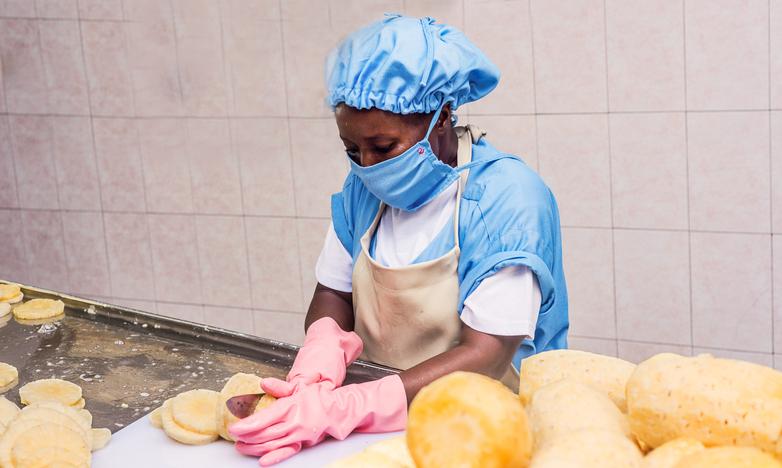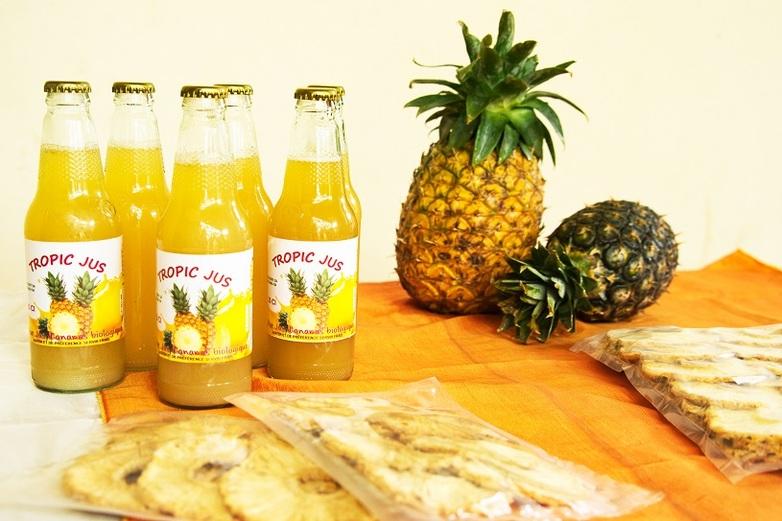Context
Togo's economic growth has remained relatively stable in recent years, averaging five per cent. Nevertheless, many people are affected by unemployment or conditions of low pay. Although Togo's agricultural sector is poorly structured and underdeveloped, it contributes 40 per cent of the gross domestic product. However, rural areas in particular offer potential in processing agricultural products. Exports are dominated by primary goods such as cotton, coffee beans and cocoa beans.
To reduce poverty in rural areas, Togolese policies focus on the structural transformation of the economy. They aim to develop agricultural production chains with significant employment and export potential. Although public investment has helped increase food production in the past, efficient production systems, technical and organisational skills and innovative business models are still lacking. The market focus, food security and food quality all need to be improved significantly.
Objective
The economic and technical capacities of actors in selected agricultural value chains have improved.The target groups are better able to provide for themselves.

